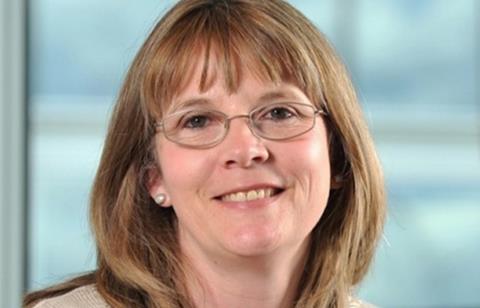
Group risk benefits, that include employer-sponsored life assurance, income protection and critical illness benefits, have emerged as a must-have from the Covid-19 (Coronavirus) pandemic as we’ve seen a fundamental shift in attitude from “it won’t” to “it could" happen to me.
As well as paying out £218.7 million in Coronavirus-related death claims during 2020, according to Group Risk Development (Grid)'s interim Covid-19 claims survey 2020, published in March 2021, and the first half of 2021, as reported in Grid's 2021 Covid-19 claims survey, the industry has supported employees through long Covid via group income protection targeted support.
Each group risk benefit has supporting services designed to fit a differing critical need, ie death, long-term illness absence, being diagnosed with a critical illness. Each is a must-have if an employer is truly going to support its people through the toughest of times.
The provision of extra support included within these benefits is specifically designed to help employees at critical times. Support typically includes access to an employee assistance programme, counselling, physiotherapy, second medical opinion, help with probate, specialist nurses, online GPs and more.
It’s particularly important to remember that all the specialist help is made available to businesses, HRs, line managers and employees regardless of whether or not a claim is made under the policy.
Interactions with this extra support increased exponentially during 2020 to a record number of 138,222, compared with 74,707 interactions during 2019,according to Grid's 2021 claims survey.
Group risk providers will point potential claimants to help they would find beneficial, but it’s vital for employers to communicate what’s in place on a regular basis so employees use the help available to them when they need it. This drives appreciation and builds engagement.
Employers that do this well can save on the heavy lifting and will derive most value from their benefits in terms of productivity, employee engagement, recruitment and retention.
Katharine Moxham is spokesperson for Group Risk Development (Grid)
















